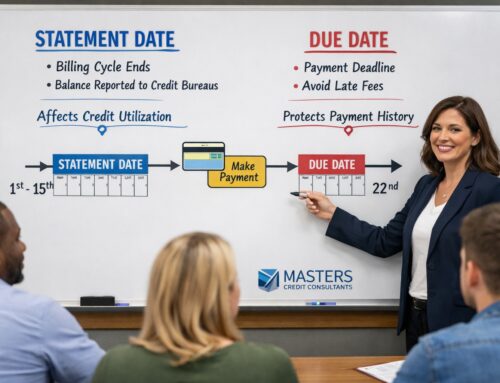
What is a HELOC (Home Equity Line of Credit) and How Does It Work? Pros and Cons Explained
When it comes to tapping into your home’s value, many homeowners turn to a HELOC (Home Equity Line of Credit). But what exactly is a HELOC, how does it work, and what are the advantages and disadvantages? Understanding these key details will help you decide whether this type of loan is right for you.
What is a HELOC?
A HELOC (Home Equity Line of Credit) is a revolving line of credit that lets you borrow against the equity in your home. Unlike a lump-sum home equity loan, a HELOC works more like a credit card—you’re given a maximum borrowing limit, and you can withdraw funds as needed during the draw period.
Equity = The difference between your home’s market value and the remaining mortgage balance.
Example: If your home is worth $250,000 and you owe $150,000, your equity is $100,000. Lenders may allow you to borrow up to 80–85% of that equity.
Any real estate questions, please call Rebecca Wallace. 864-551-0731
How Does a HELOC Work?
A HELOC generally has two phases:
Draw Period (usually 5–10 years):
You can withdraw funds as needed, only paying interest on what you borrow.Repayment Period (typically 10–20 years):
The ability to withdraw ends, and you begin paying both principal and interest.
💡 Use a trusted tool like the Navy Federal HELOC Payment Calculator to estimate your monthly payments before applying.
Any real estate questions, please call Rebecca Wallace. 864-551-0731
Current HELOC Rates
HELOC rates vary by lender and your credit profile. To see today’s average HELOC rates in your area, check Bankrate’s HELOC Rate Tracker.
Pros of a HELOC
✅ Flexibility – Borrow only what you need, when you need it.
✅ Lower Interest Rates – Typically lower than personal loans or credit cards.
✅ Tax Deductible Interest – In some cases, interest may be tax-deductible (check with your tax advisor).
✅ Great for Large Expenses – Ideal for home improvements, debt consolidation, or emergency funds.
Cons of a HELOC
❌ Variable Interest Rates – Payments can rise if rates increase.
❌ Risk of Foreclosure – Your home is collateral, meaning missed payments could result in losing it.
❌ Discipline Required – Because it’s revolving credit, overspending is a common pitfall.
❌ Upfront Costs – Closing costs and appraisal fees may apply.
Why Credit Matters for HELOC Approval
Lenders heavily consider your credit score when approving a HELOC. Strong credit not only increases approval chances but also helps you qualify for lower interest rates.
If your credit isn’t where it should be, improving it before applying can save thousands over the life of your HELOC. This is where Masters Credit Consultants can help.
A higher credit score = better loan terms and lower monthly costs.
Poor credit may result in denial or higher rates.
Working with credit repair experts can boost your score faster.
To maximize your financial journey:
Read about How to Build Credit Fast (internal page suggestion).
Explore funding options with YMA Financial business consulting. www.ymafinancial.com
Learn about tradeline services that can strengthen your credit profile.
Final Thoughts: Is a HELOC Right for You?
A HELOC can be a smart tool for homeowners who want flexible access to funds. However, it comes with risks—especially if you’re not disciplined with repayment. Before applying, make sure your credit score is strong so you can lock in the best rates and terms. Any real estate questions, please call Rebecca Wallace. 864-551-0731
🚀 Credit Repair & HELOC Preparation with Masters Credit Consultants
Before you apply for a HELOC, let Masters Credit Consultants help strengthen your credit profile. With better credit, you’ll improve your chances of approval and secure more favorable interest rates.
📞 Phone: 1-844-620-8796
🌐 Website: www.masterscredit.com
🔥 Don’t wait—take control of your financial future today!
👉 Schedule Your Free Credit Consultation with Masters Credit Consultants








Leave A Comment